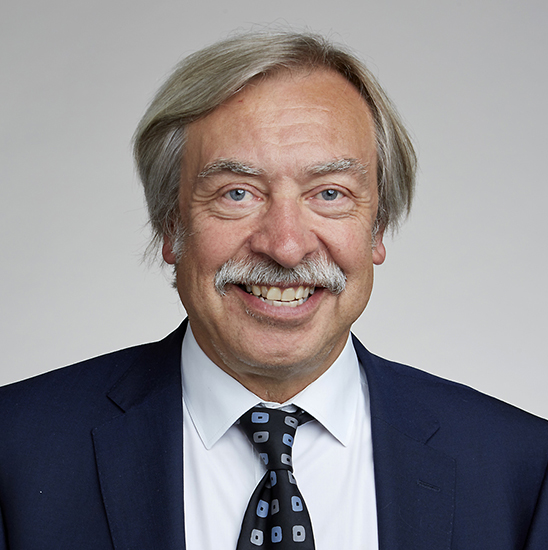Adrian Hayday trained in biochemistry at Cambridge, and was awarded a PhD in molecular virology by Imperial College London. He began studying immunology in 1982 at M.I.T., where he identified the molecular basis of oncogene activation in Burkitts Lymphoma. Thereafter, he first described the genes defining gamma-delta T cells, an evolutionarily conserved yet wholly unanticipated set of lymphocytes. At Yale and then at King’s College London and the Francis Crick Institute, Professor Hayday established that gamma-delta T cells are distinct from other T cells, commonly monitoring body-surface integrity rather than specific infections. Their rapid responses to tissue dysregulation offer protection from carcinogenesis, underpinning Professor Hayday’s and others’ ongoing initiatives to employ the cells for immunotherapy.
Professor Hayday has received numerous awards, including the William Clyde deVane Medal, Yale’s highest honour for scholarship and teaching. He was elected to head the British Society of Immunology (2005-09), and has formally counseled King’s Health Partners, Institut Pasteur, Kyoto University, the Max Planck Institute, the Allen Institute, MedImmune, N.I.H., the Wellcome Trust, and Cancer Research UK whose science committee he chairs.
Professional position
- Group Leader, The Francis Crick Institute
- Kay Glendinning Professor and Chair, Peter Gorer Department of Immunobiology, King's College London

